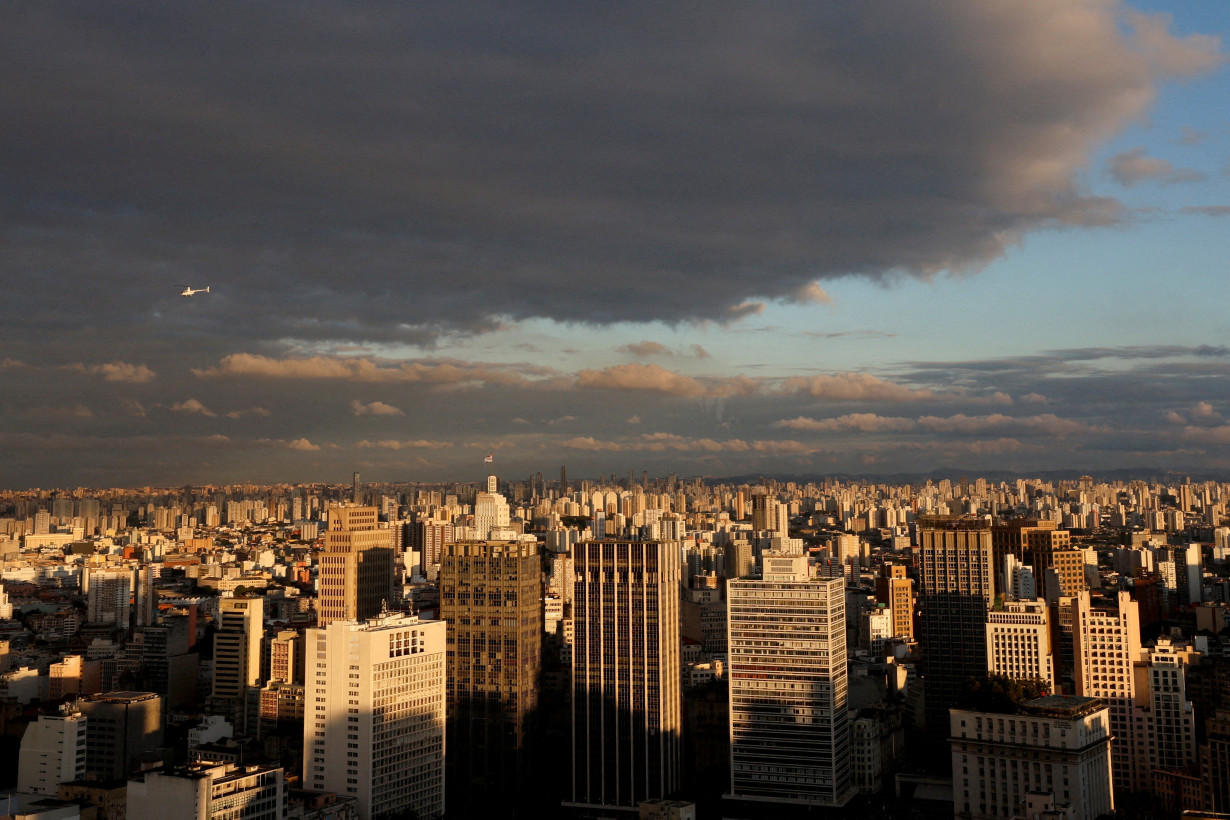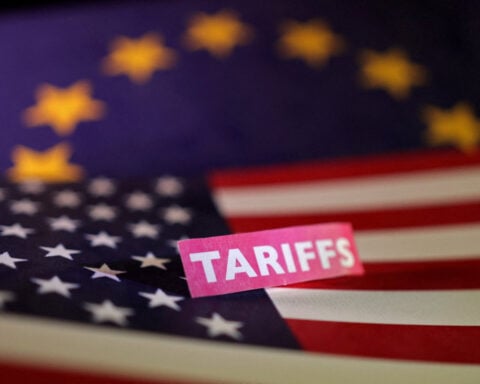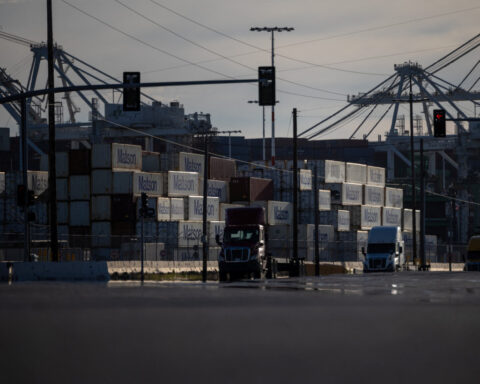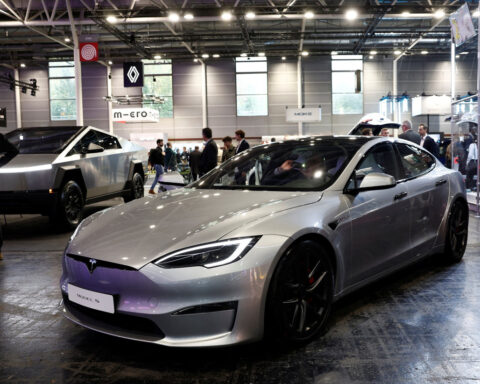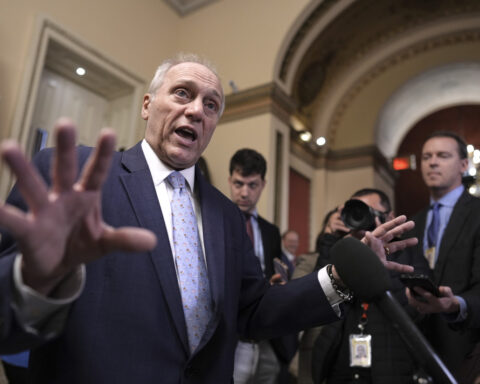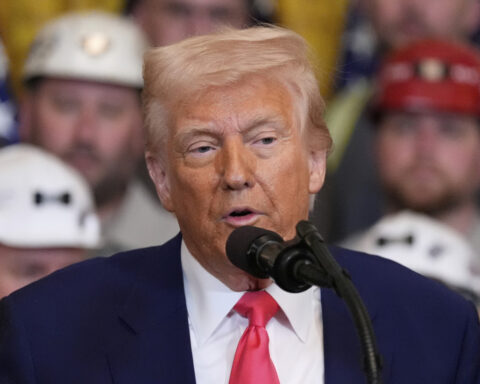By Marcela Ayres and Bernardo Caram
BRASILIA (Reuters) -Brazilian analysts say the tariffs announced by U.S. President Donald Trump against Canada, Mexico and China could cause a currency-related inflation surge in Latin America's largest economy, clouding the central bank's outlook for interest rates.
Although Brazil's central bank emphasized that inflation risks remained tilted to the upside last week, when it raised its key interest rate by 100 basis points, it also introduced a downside risk for price pressures in the event of "a less inflationary scenario for emerging economies arising from shocks on international trade or global financial conditions."
Two former Brazilian central bank directors, who requested anonymity to speak freely, said the policy statement, which was already seen as poorly worded last week, now looks even more off the mark in light of the potential for a widening trade war.
"The scenario is clearly inflationary for Brazil, and it also raises risks that the country itself could be targeted (by tariffs), leading to further depreciation of the currency. The external environment has become significantly more adverse and risky," one of them said.
A third former central bank director ventured that Trump's tariffs - he announced 25% duties on goods from Mexico and Canada and an additional 10% levy on imports from China on Saturday - could trigger a global economic downturn, with deflationary impacts.
Brazil's central bank declined to comment. The minutes from last week's policy meeting will be released on Tuesday.
Brazil's real currency, which depreciated more than 20% last year amid doubts about the government's fiscal discipline, has been a key driver of inflationary pressures.
It fell more than 1% against the dollar early on Monday before reversing those losses after Trump agreed to pause the tariffs on Mexico for a month, ending the session some 0.3% stronger.
Economic consultant Marcio Estrela, a former Brazilian central bank official, said recent developments have weakened the argument for a more dovish inflationary scenario for emerging markets.
"If the tariffs are fully implemented, they will be inflationary in the U.S. and significantly reduce the chances of a Fed rate cut," he said.
Carla Argenta, chief economist at CM Capital, fully agrees with the central bank on including this downside risk to prices, citing Trump's 2024 campaign pledge for a much more aggressive tariff policy, when he suggested new levies on China could range from 60% to 100%.
According to Argenta, the fiery rhetoric seen last year had already translated into pressure on asset prices and the exchange rate in Brazil.
"The fears regarding Trump's tariffs have been significantly alleviated," she said, adding that while Brazilian policymakers acknowledge this downside risk to inflation, they do not consider it anywhere near the institution's base scenario.
(Reporting by Marcela Ayres; Editing by Brad Haynes, Paul Simao and Marguerita Choy)

 Trump has begun another trade war. Here's a timeline of how we got here
Trump has begun another trade war. Here's a timeline of how we got here
 Canada's leader laments lost friendship with US in town that sheltered stranded Americans after 9/11
Canada's leader laments lost friendship with US in town that sheltered stranded Americans after 9/11
 Chinese EV giant BYD's fourth-quarter profit leaps 73%
Chinese EV giant BYD's fourth-quarter profit leaps 73%
 You're an American in another land? Prepare to talk about the why and how of Trump 2.0
You're an American in another land? Prepare to talk about the why and how of Trump 2.0
 Chalk talk: Star power, top teams and No. 5 seeds headline the women's March Madness Sweet 16
Chalk talk: Star power, top teams and No. 5 seeds headline the women's March Madness Sweet 16
 Purdue returns to Sweet 16 with 76-62 win over McNeese in March Madness
Purdue returns to Sweet 16 with 76-62 win over McNeese in March Madness
